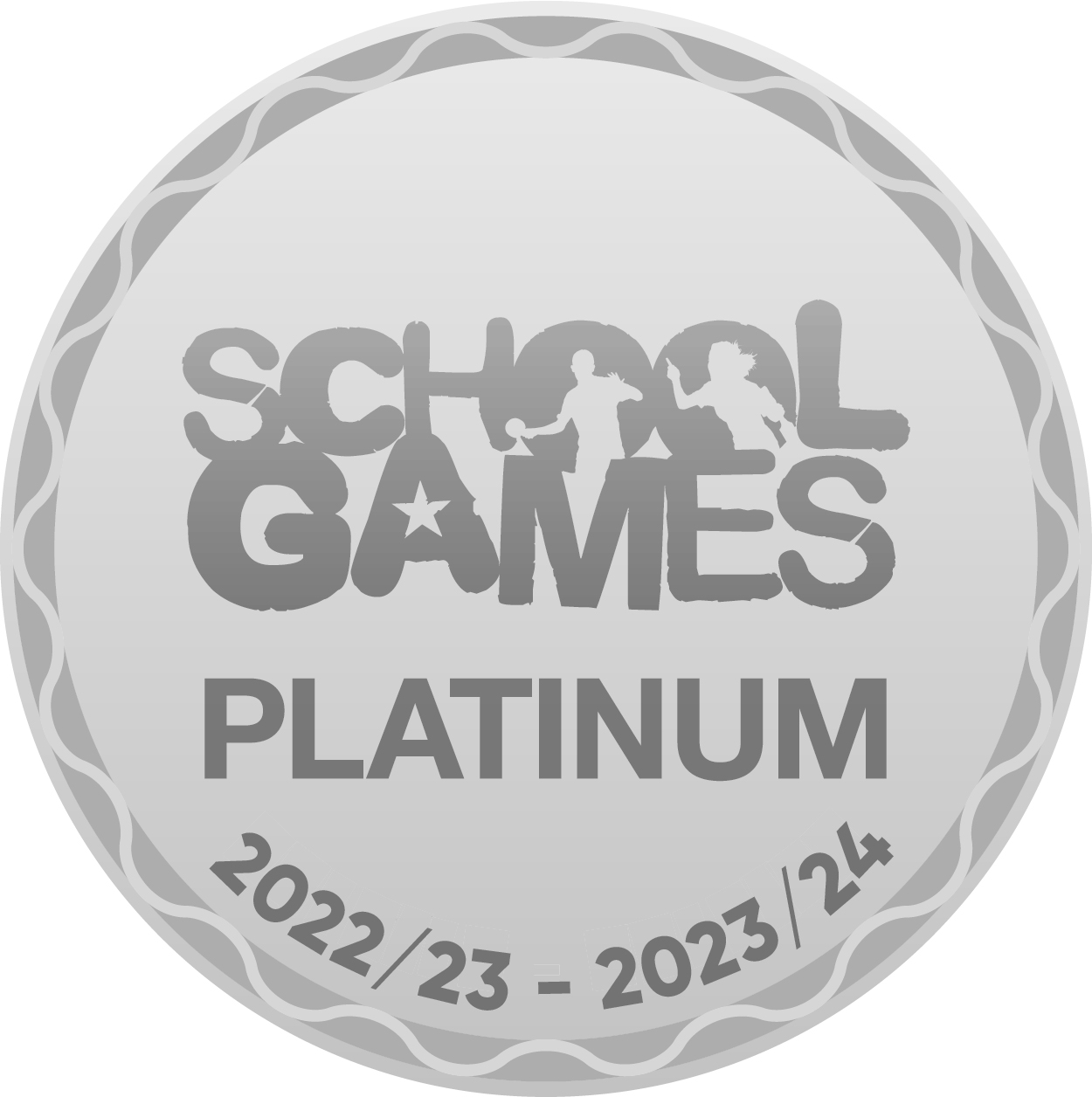Outdoor Education
Outdoor Learning Rationale PDF
Intent
At Hawthorns School we have a strong and positive ethos for the continuing development of outdoor learning. The children enjoy a range of creative, curriculum linked learning and sometimes challenging opportunities to promote and develop life skills. Outdoor learning gives children the opportunity to:
· Become more resilient, confident and determined learners.
· Take part in activities that provide challenge and managed ‘risks.’
· Develop and improve gross/fine motor skills and mobility.
· Develop leadership skills through team challenges.
· Develop communication skills though large/small group activities.
· Develop skills of independence in a range of different environments.
· Be in the outdoor environment throughout the school year, experiencing the seasons and the changes that take place in nature.
· Be exposed to natural environments, enabling them to gain an understanding together with a sense of respect and responsibility for biodiversity in their local and wider area.
· Put their learning into practise by gaining awards from different award schemes.
· Take part in local, national and worldwide environmental events throughout the year.
Implementation
Outdoor learning is planned to enrich and enhance the children’s journey through Hawthorns School.
To achieve this, we use:
Eco Schools topics:
- Biodiversity
- Healthy Living
- Litter
- Marine
- School Grounds
The Good Life Goals:
- Eat Better
- Stay Well
- Save Water
- Love Where You Live
- Live Better
- Act On Climate
- Clean Our Seas
- Love Nature
- Come Together
WWF:
- The Green Ambassadors
- Plant2Plate
- Food For Thought
Nature and Me – from the National Trust and the University of Derby:
- Five Pathways to Nature Connection Beauty
- Meaning
- Compassion
- Senses
- Emotion
The EQUALS Outdoor Schooling scheme of work:
- Creativity
- Wilderness Exploration
- Environmental Awareness
- Seasonal Awareness
The Theory of Loose Parts Play by Simon Nicholson and Loose Parts Play – Getting it right for every child.
- Safe
- Healthy
- Active
- Achieving
- Nurtured
- Active
- Respected
- Responsible
- Included
Through these schemes, Children have the opportunity to learn specific gardening skills. They plant bulbs in the autumn to give the wildlife garden colour in the late winter and early spring. They also plant in the knowledge that early awakening wildlife will be grateful for all their hard work and patience.
Springtime is the start of the busy planting season for harvest later in the year and the children chit potatoes, plant onion sets, handle the large seeds of beans, peas and sunflowers and the finer seeds of wildflowers and carrots.
Children learn to look after the forest/wildlife garden/field areas and the wildlife that live within these spaces. They build and maintain bug hotels, log and rock piles, create mini ponds, take part in Citizen Science surveys and litter picks. Taking responsibility for these places they are so lucky to enjoy, teaches them to respect and connect with their immediate, local and wider environment and the nature that surrounds them.
The pupils take part in physical team challenges, these sessions involve the moving and handling of different equipment, negotiation within the teams and communication with each other and the supporting adults. Through these challenges, the children learn to respect themselves and each other and also to mange themselves through self-regulation.
Loose Parts Play gives our learner the opportunity to use equipment that is not found within the indoor classrooms. (planks, gutters, tyres, logs, pallets, crates, etc.) Loose Parts are not prescriprive and offer endless possibilities for the children to become involved in.
Learners will take part the NOLA (National Outdoor Learning Award,) RSPB Wild Challenges, RHS School Gardening and Junior Foresters award schemes.
The children will take part in environmental events throughout the schools year eg:
- World Polar Bear Day
- World Water Day
- The Great Big Spring Clean
- Forest Appreciation Day
- World Bee Day
- World Animal Day
- Outdoor Classroom Day
- The Great Big Green Week
- What’s Under Your Feet? Campaign (March, June, October)
- National Insect Week
Impact
By the time the children leave Hawthorns School they will:
Have enjoyed hands on experiences of learning outdoors, which will add to their understanding and learning through a range of curriculum areas.
Have developed imagination and creativity through the exploration of the outdoors.
Have developed resilience through challenging activities and being outside in all weathers.
Have developed negotiation, co-operation, communication and reasoning skills through teamwork.
Have an understanding of the need to protect and preserve the planet through local, national and worldwide environmental events.
Have an understanding of nature in their local and wider environment through local, national and worldwide events.
Have contributed to the development of the school grounds by growing/planting and harvesting flowers, fruit and vegetables.






